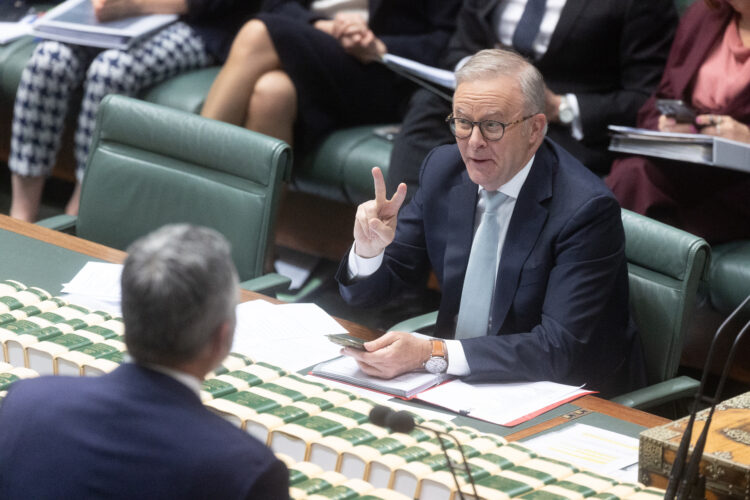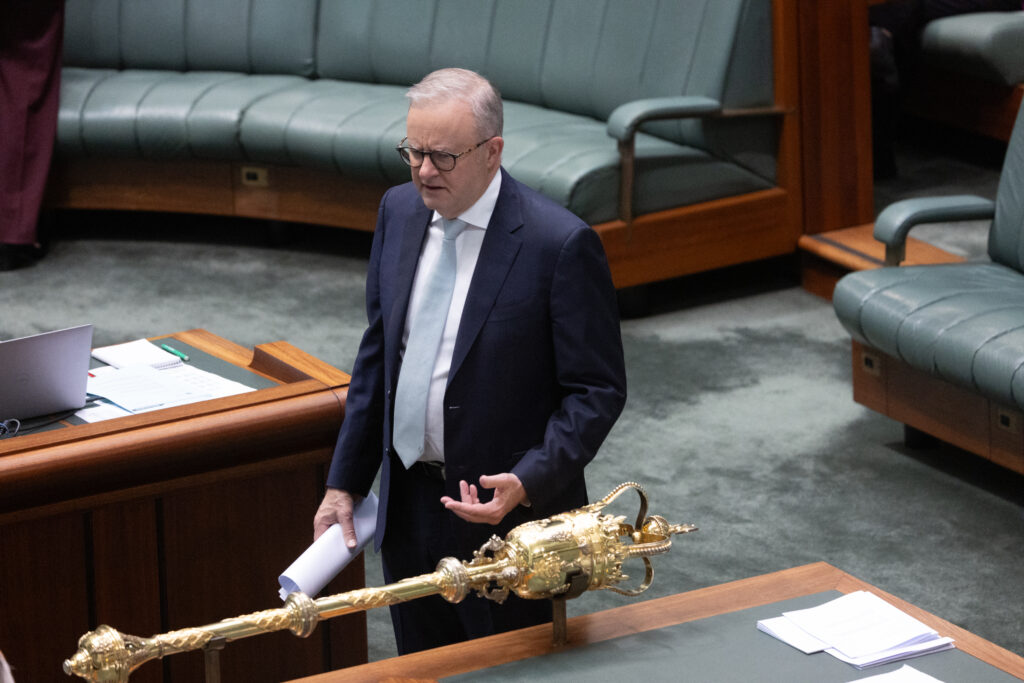Reaction to ICJ decision from Vanuatu
More reaction from the Pacific Islands on the International Court of Justice ruling from Save the Children Vanuatu.
This case was led by young people in Vanuatu.
An extraordinary 16-year-old, Vepaiamele, has told the ABC that – more than anything – the overnight decision delivers hope for future generations in the Pacific.
I went to The Hague last year in December and I was sent by the voices because we are affected by the common crisis and it is an amazing experience but this advisory opinion is so important because it clarifies what we need to be doing against climate change and it can pave the way for climate justice for our future of all children around the world.
We are one of the most vulnerable nations of climate change, we experience cyclones and natural disasters every year and they keep on getting more intense and increasing in number. We can see the effects of climate change everywhere whether it is our economy, our communities, whether in is in schools and citizens have to go to schools intense and hospitals are damaged from cyclones that happened years ago. Even yesterday I was at one of the outer islands off the coast of our main island and I was there where there a under sea level because of rising sea levels and it is sad to see the effects of climate change.
How’s that for wisdom and perspective from a teenager on the front line of the climate catastrophe?





